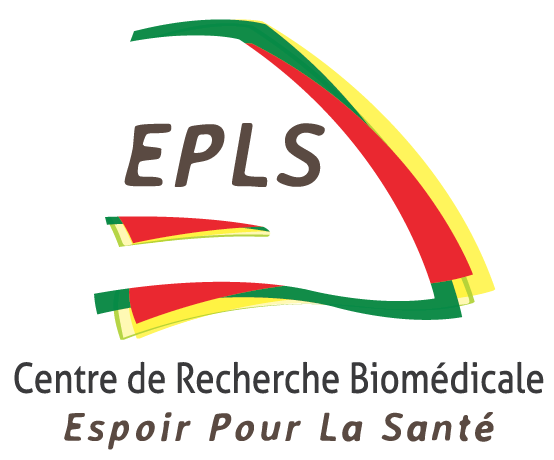Immunoglobulin G antibody profiles against Anopheles salivary proteins in domestic animals in Senegal
Boulanger D, Doucoure S, Grout L, Ngom A, Rogerie F, Cornelie S, Sokhna C, Mouchet F, Riveau G, Simondon F, Remoue F
Journal of Medical Entomology, 2011, May 48(3):691-3 (PMID : 21661332)
Although domestic animals may not be permissive for Plasmodium, they could nevertheless play a role in the epidemiology of malaria by attracting Anopheles away from humans. To investigate interactions between domestic animals and mosquitoes, we assayed immunoglobulin G (IgG) antibodies directed against the salivary proteins of Anopheles gambiae in domestic animals living in Senegalese villages where malaria is endemic.
Click here to access the abstract in the Journal of Entomology
Although domestic animals may not be permissive for Plasmodium, they could nevertheless play a role in the epidemiology of malaria by attracting Anopheles away from humans. To investigate interactions between domestic animals and mosquitoes, we assayed immunoglobulin G (IgG) antibodies directed against the salivary proteins of Anopheles gambiae in domestic animals living in Senegalese villages where malaria is endemic. By Western blotting, sera from bovines (n = 6), ovines (n = 36), and caprines (n = 36) did not react with Anopheles whole saliva. In contrast, equine sera recognized proteins in both saliva and salivary gland extracts. Two of the major immunogens (32 and 72 kDa) were also reactive in extracts from other major mosquito genera (Aedes and Culex), but reactions to Anophehs-specific antigens were detected in 12 of 17 horses. These data suggest that horses strongly react to Anopheles bites, and further experiments on horses are warranted to investigate the impact of this domestic animal species on the transmission of human malaria.

